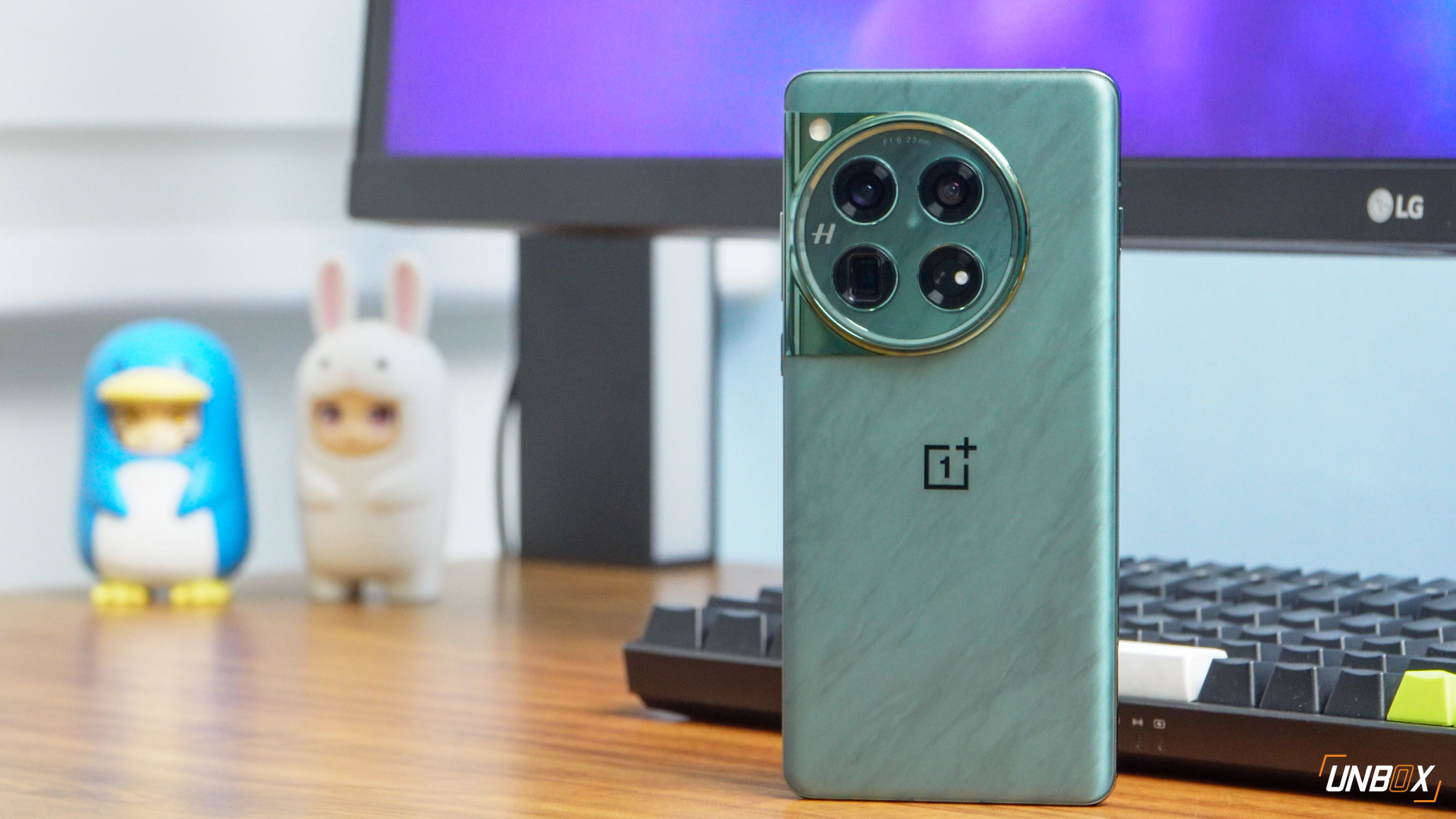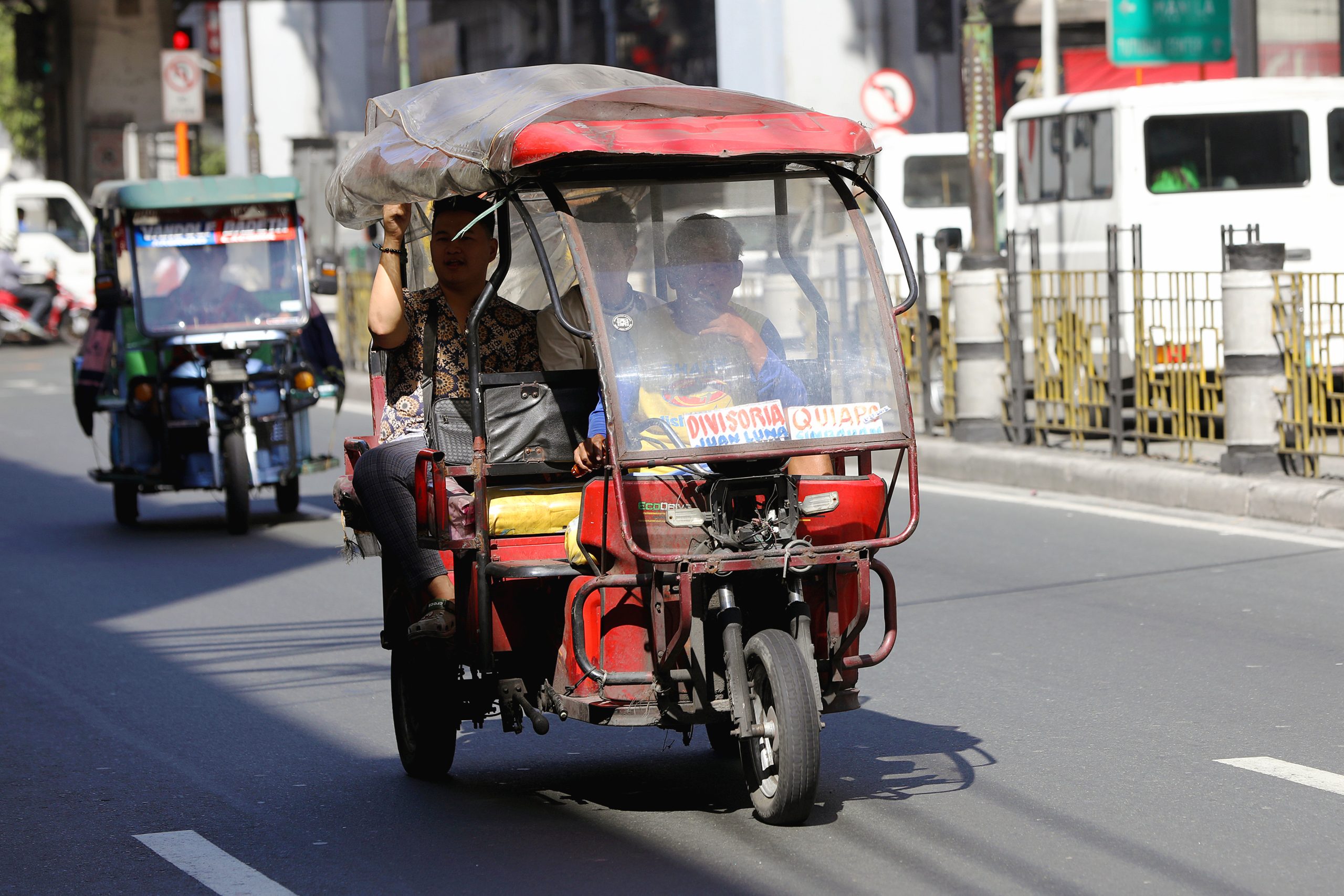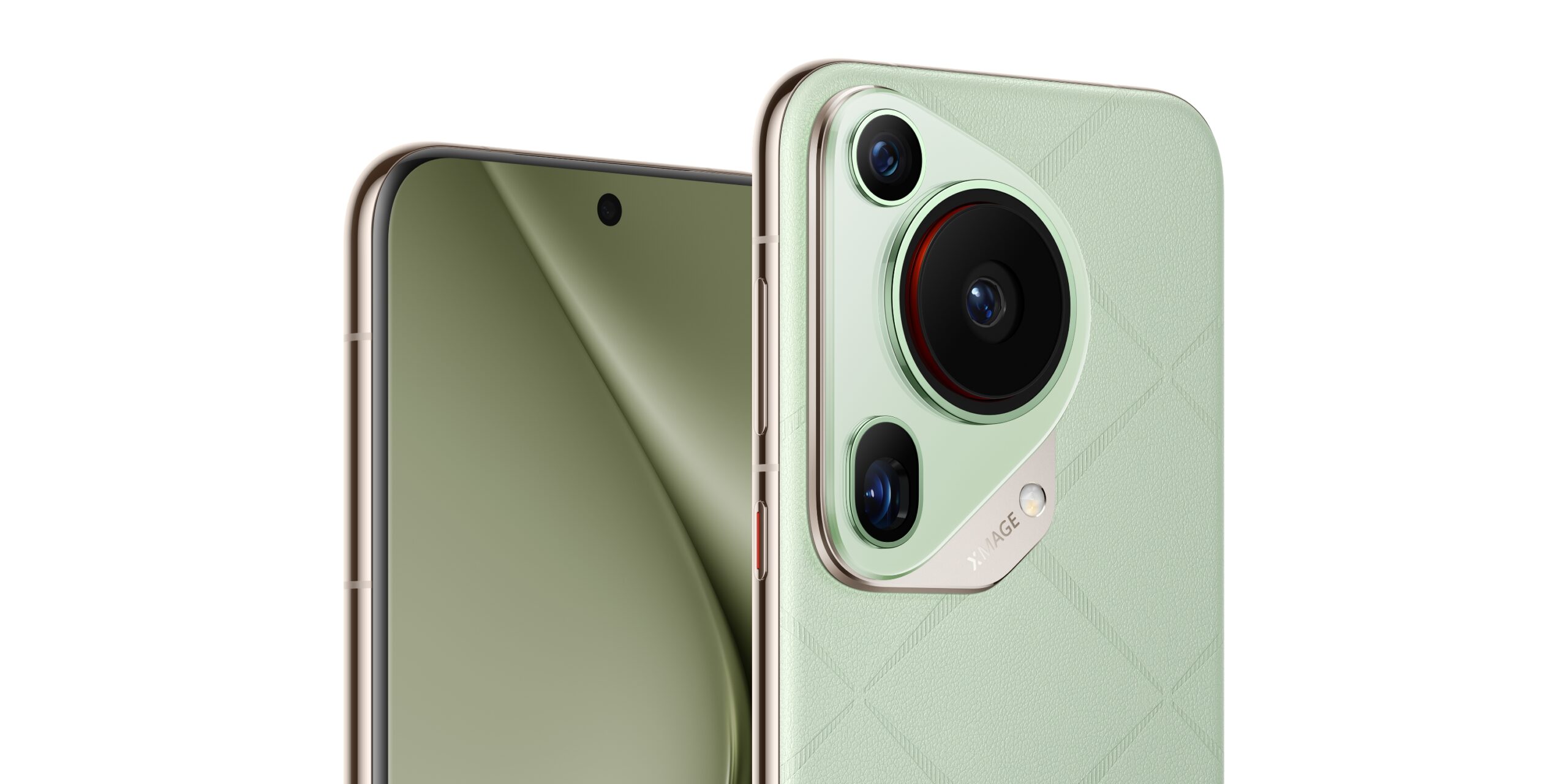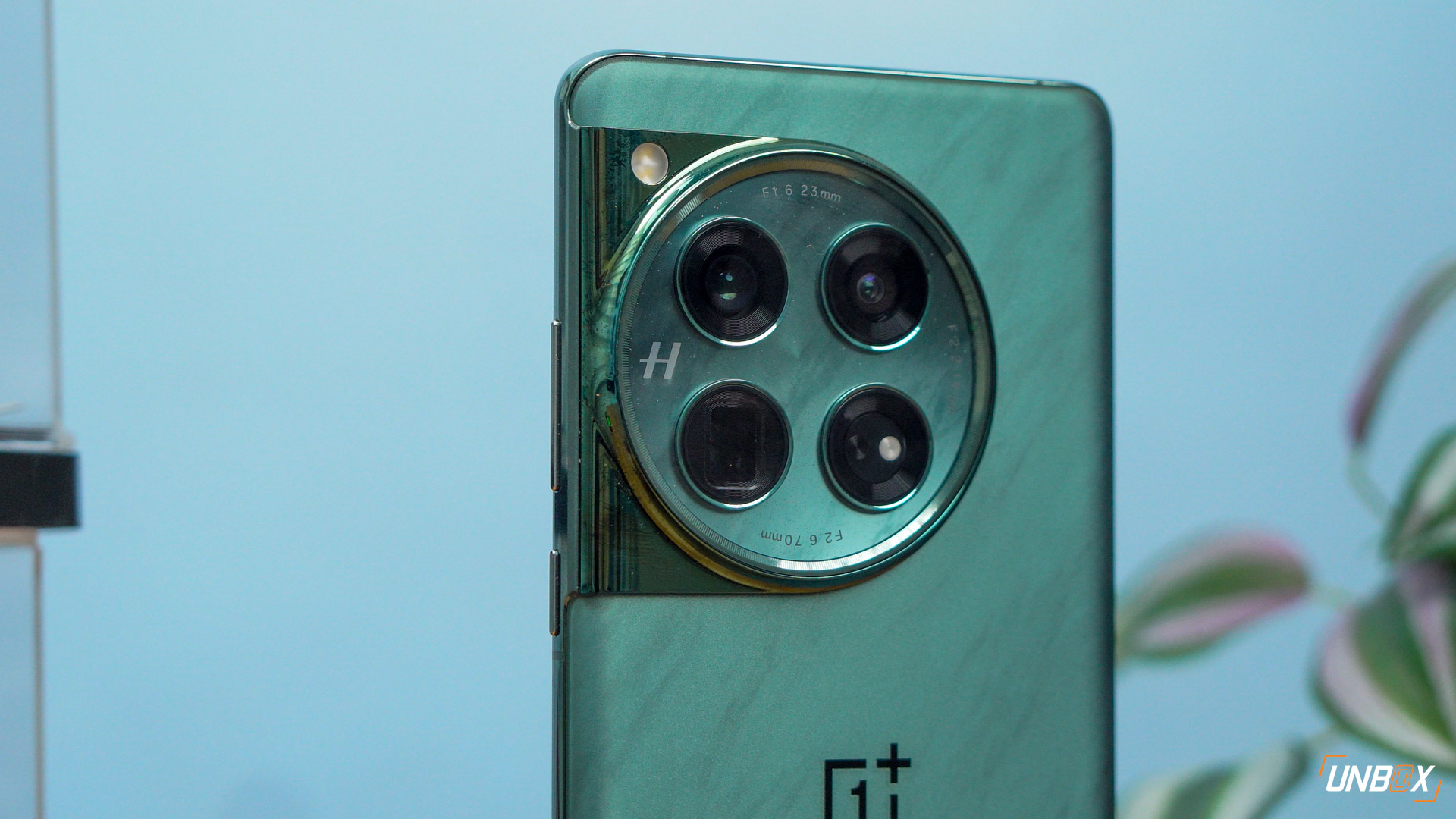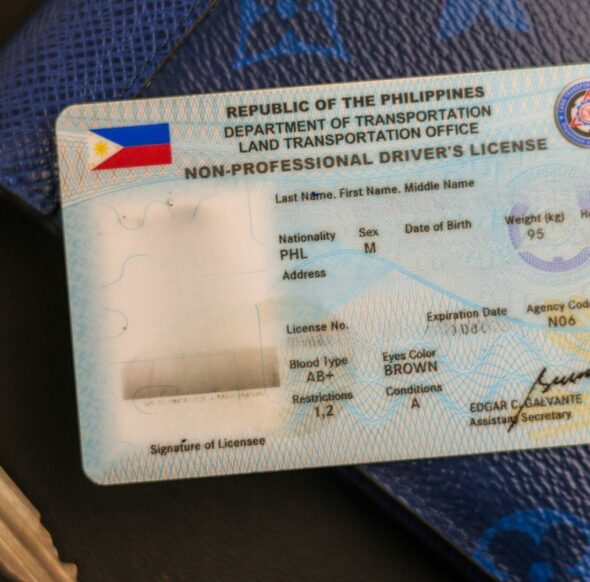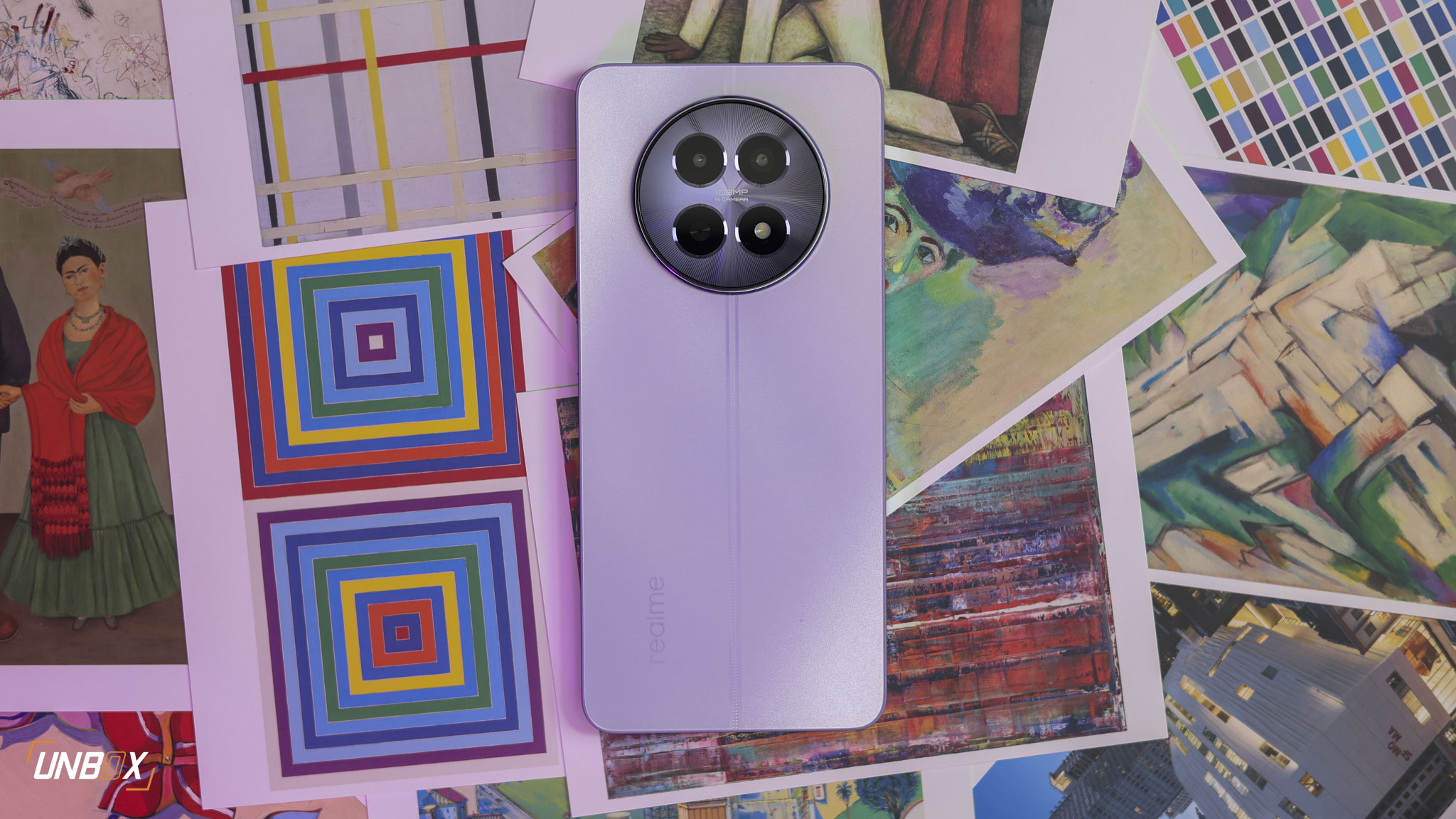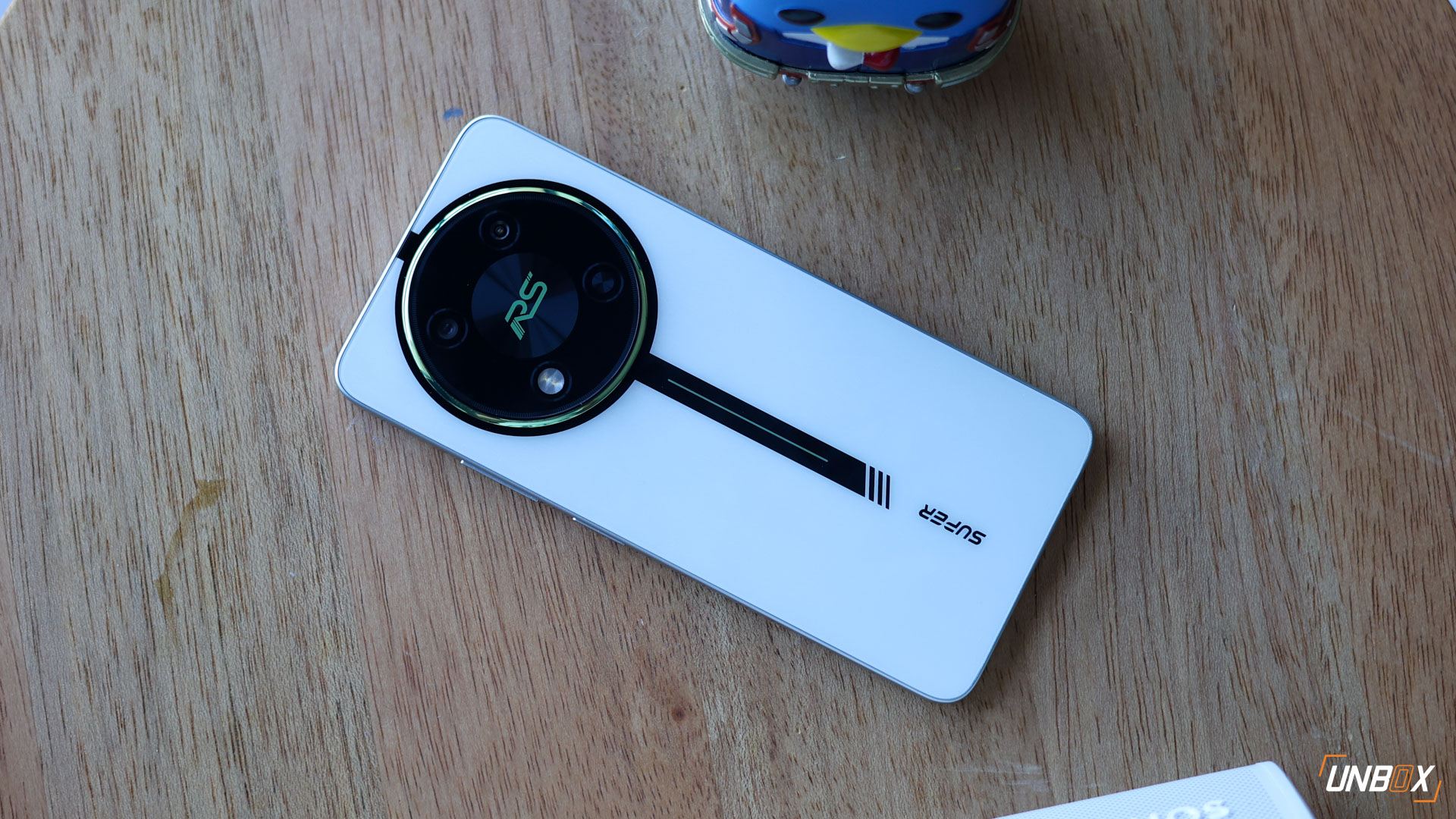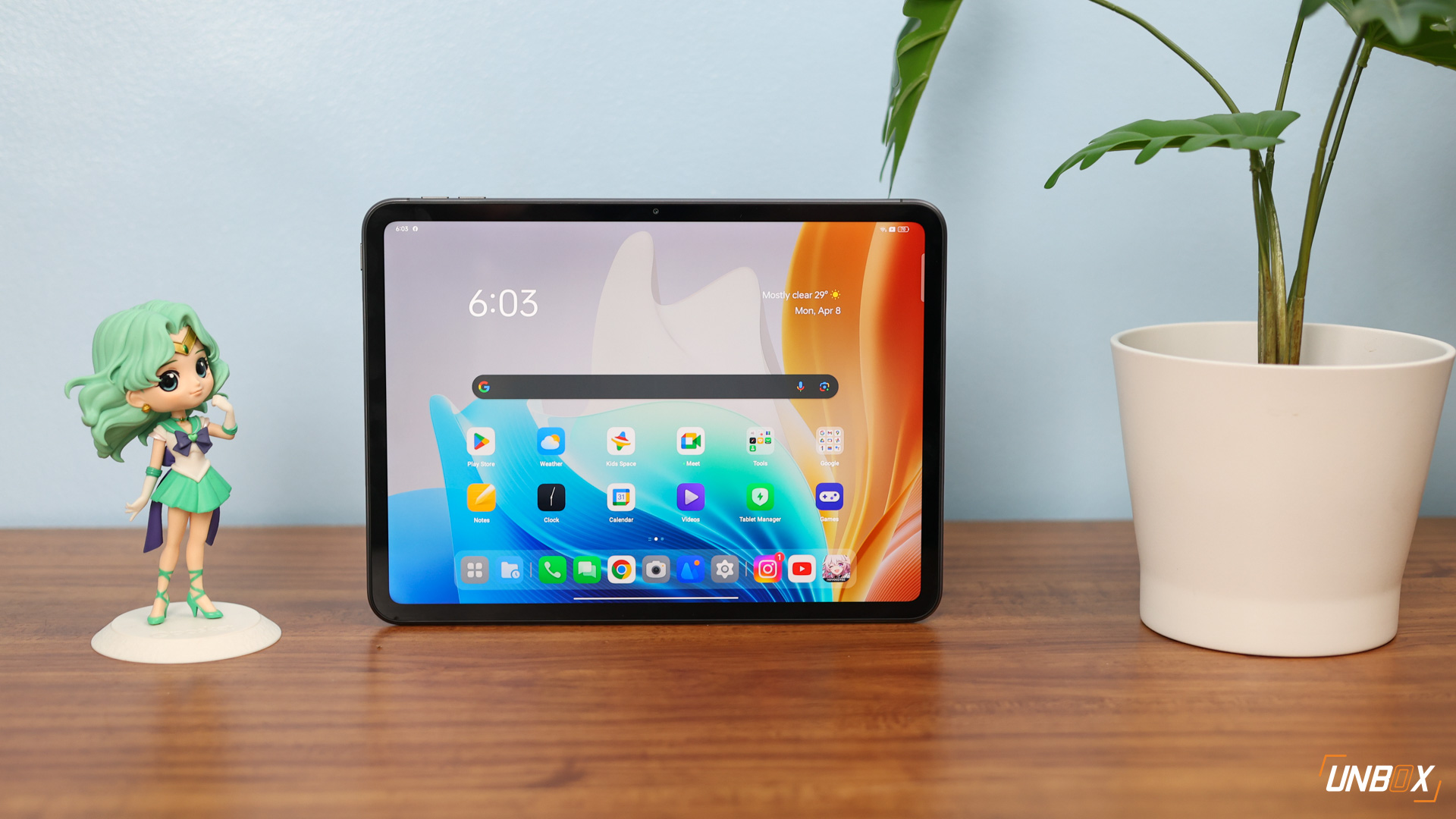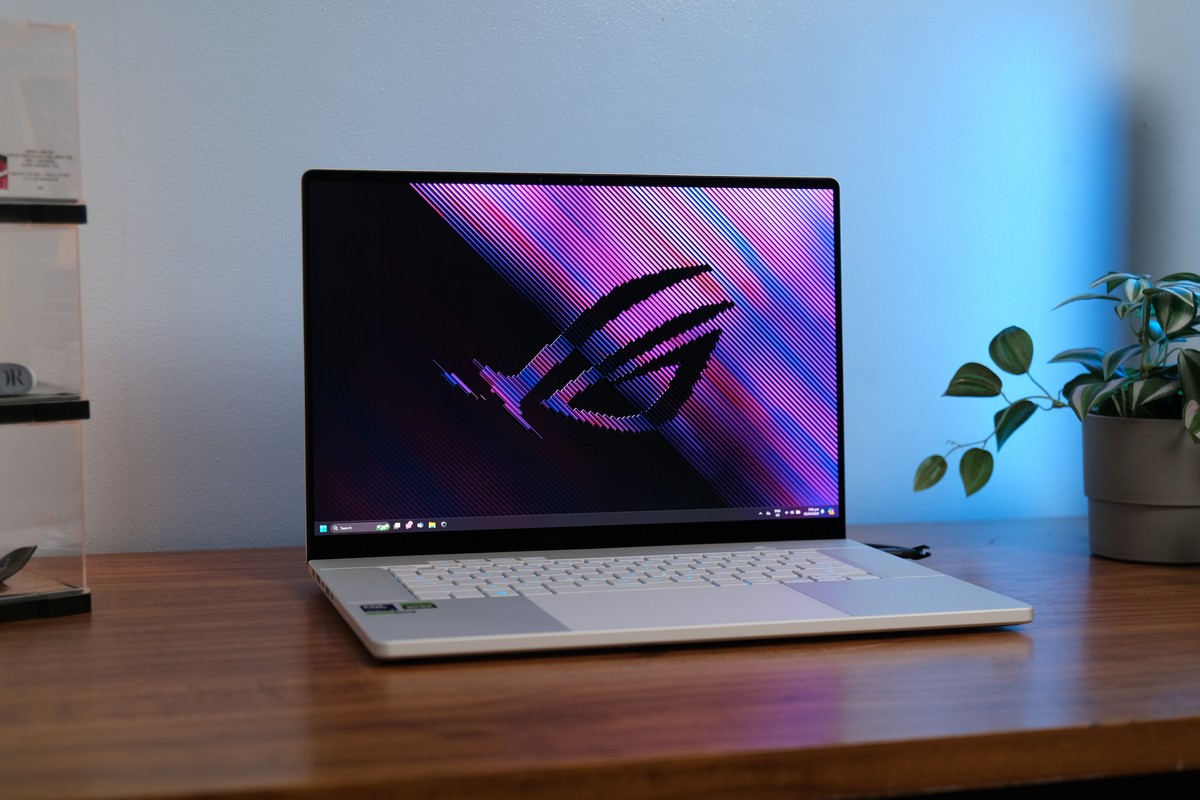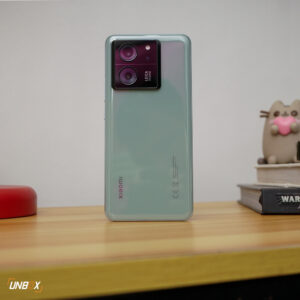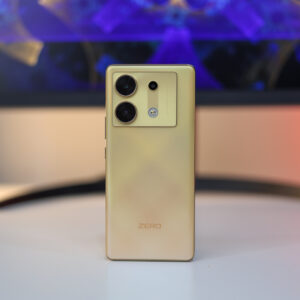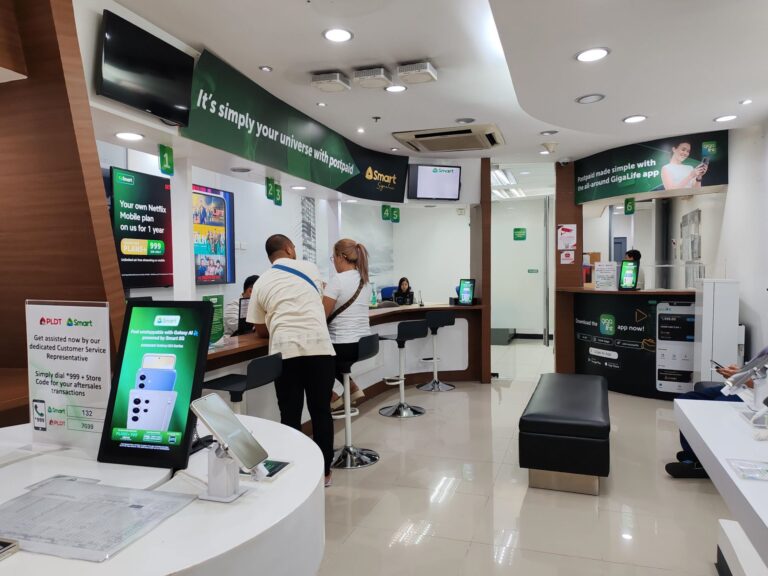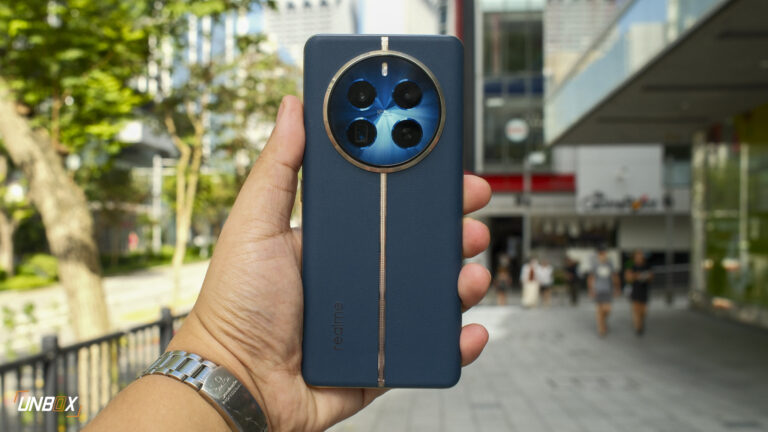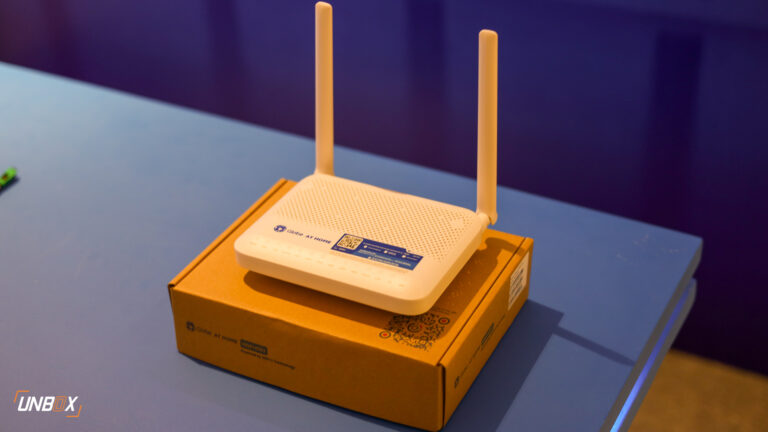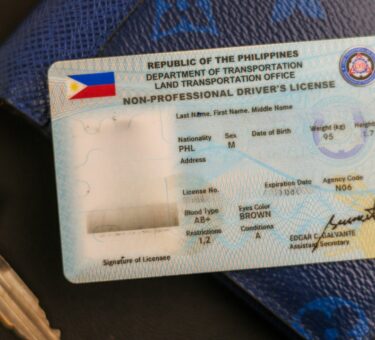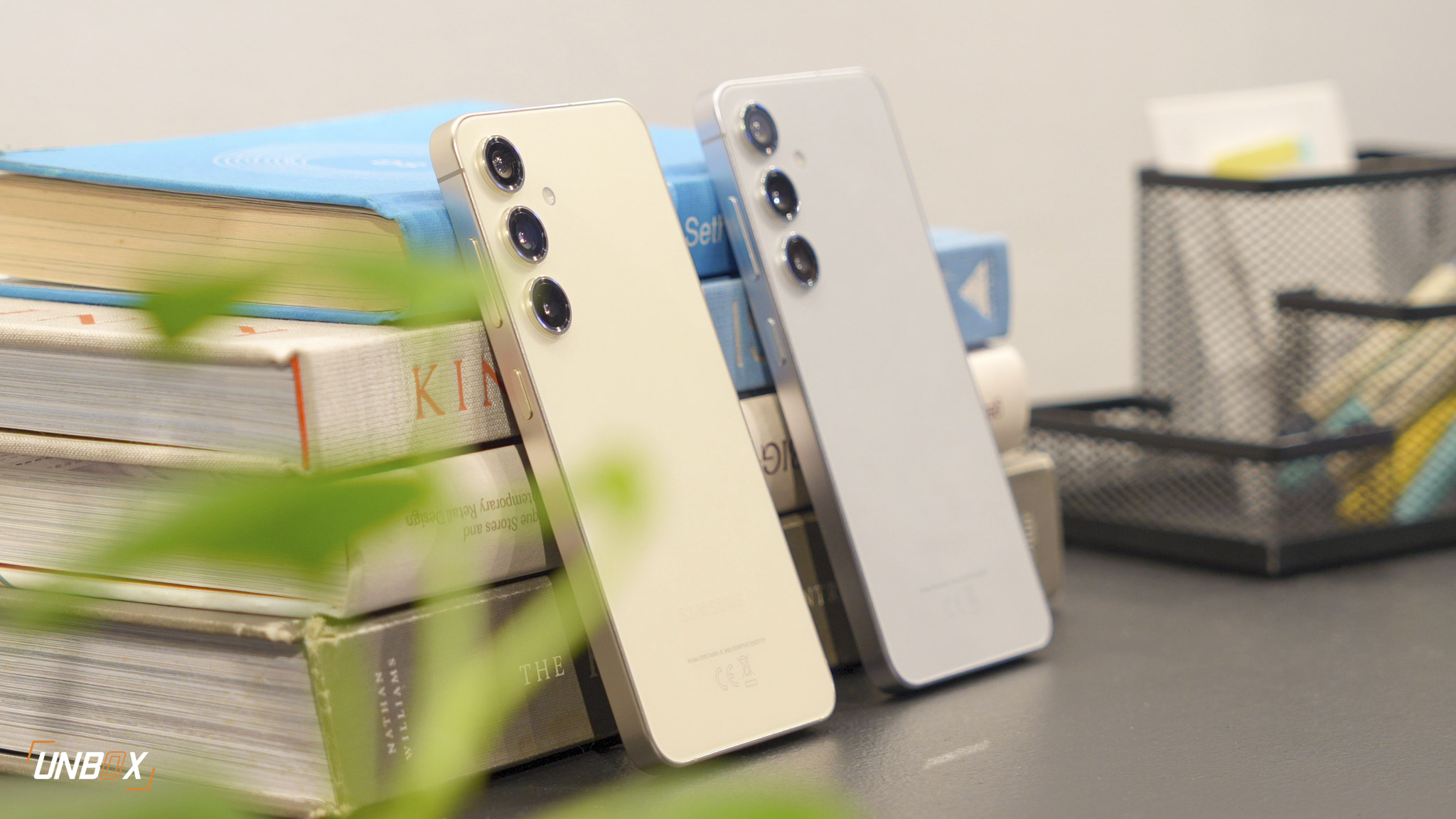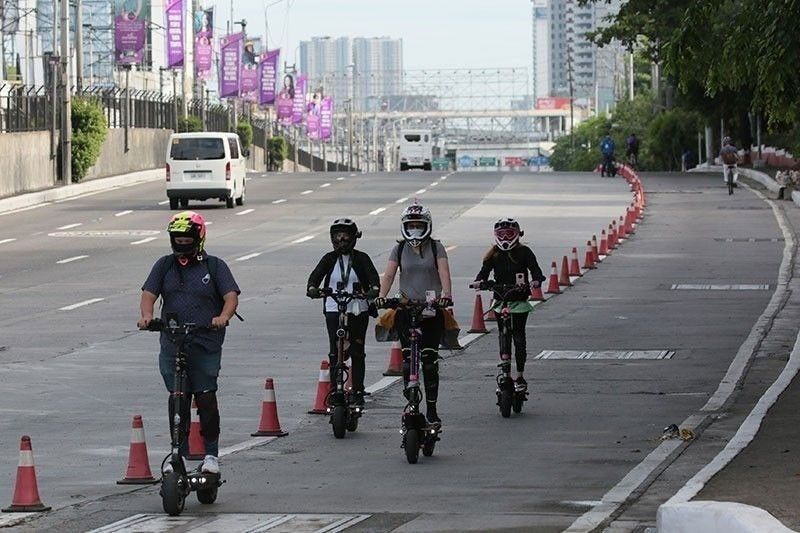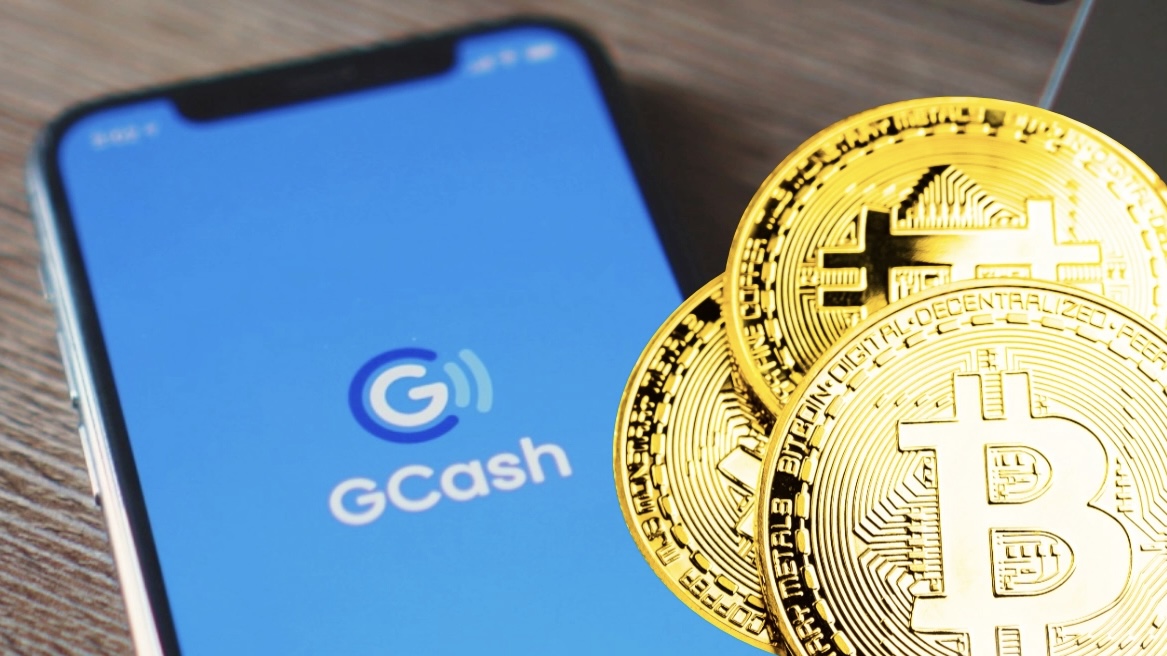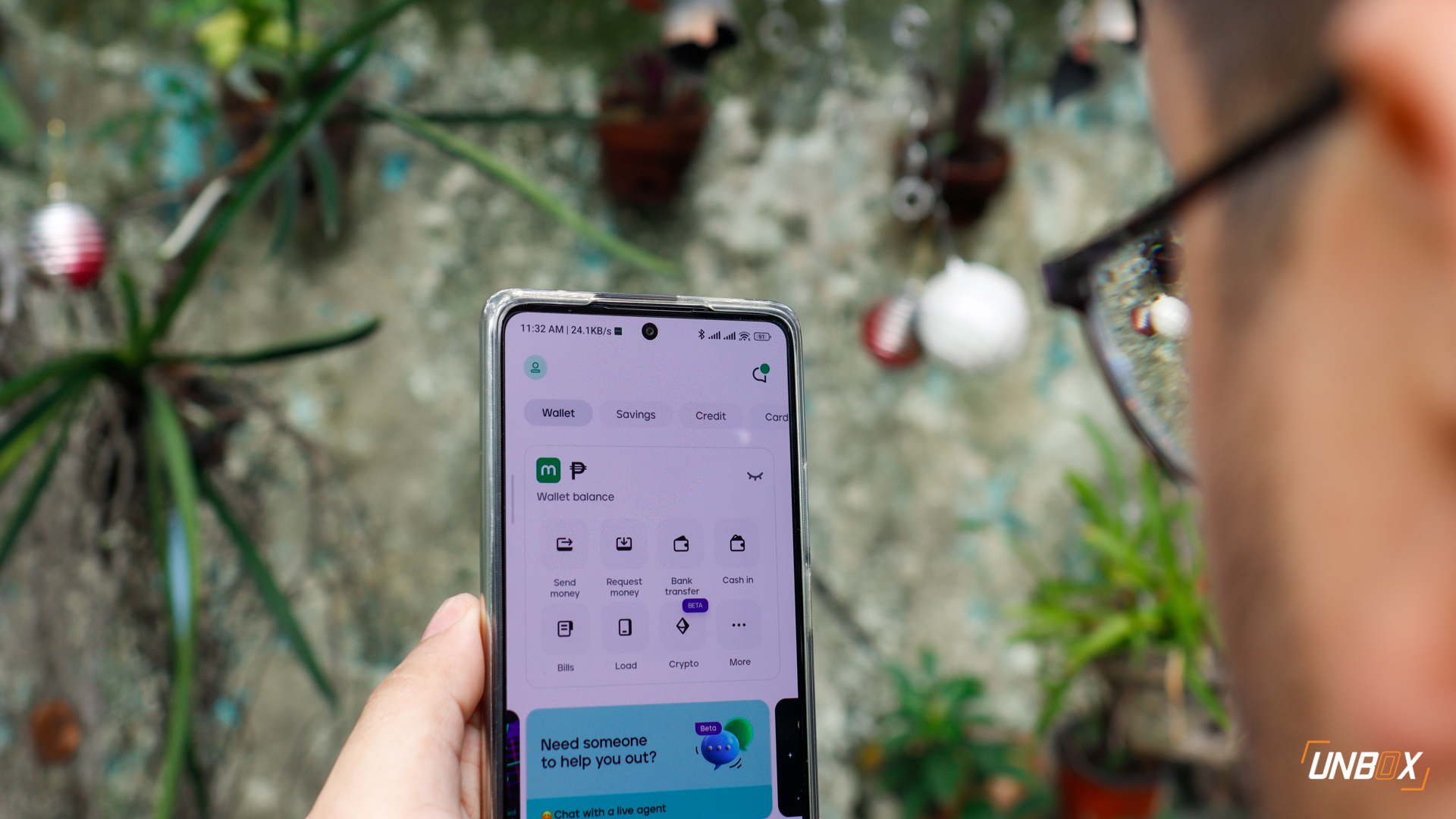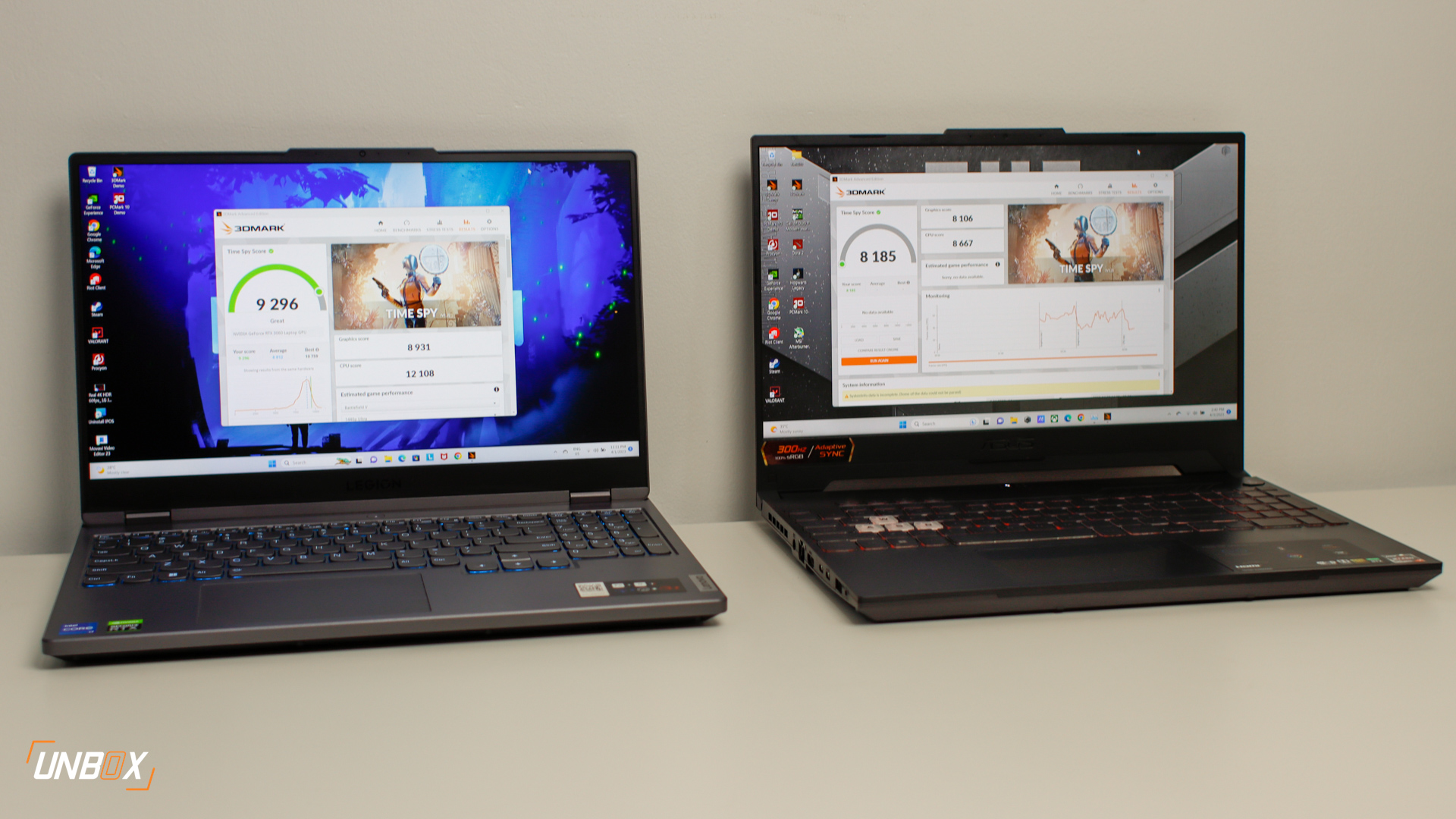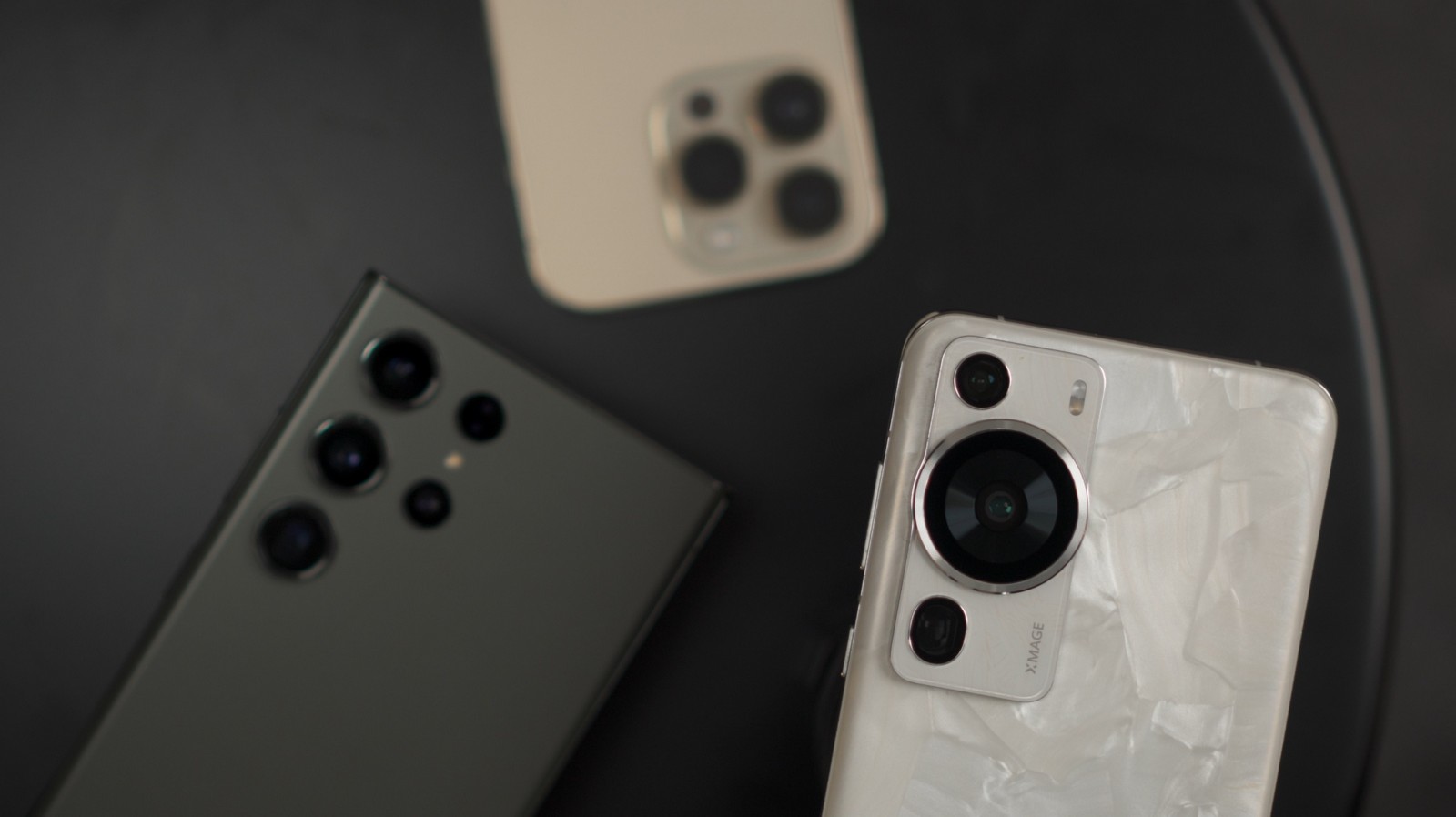President Marcos has officially signed the SIM Card Registration Act, turning this into an official law. Now that this vision has turned into reality, here’s a quick summary of what it is and what’s next for smartphone users out there.
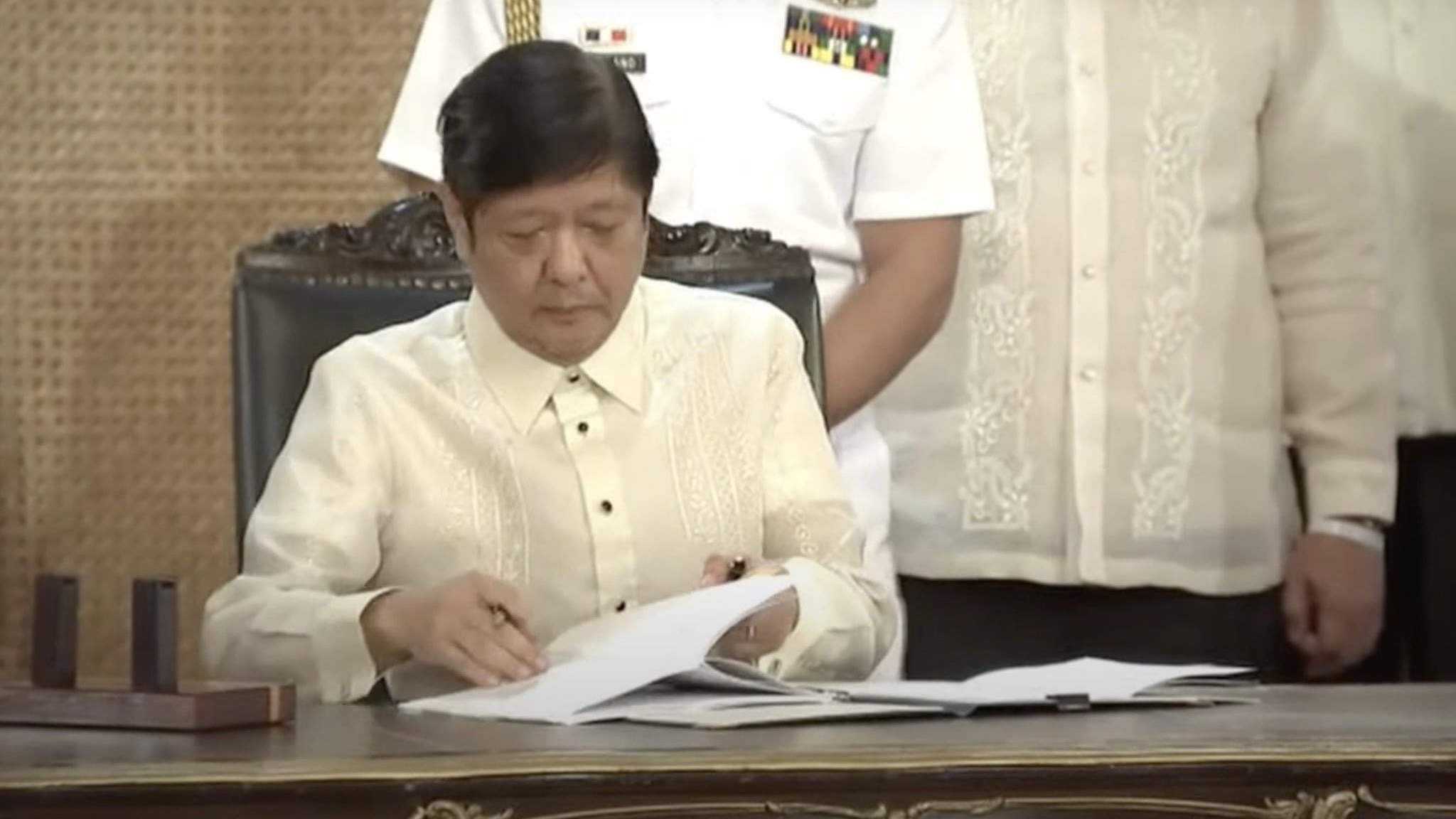
What is the SIM Card Registration Law?
This is a concerted effort by the government to connect SIM cards to real identities. As such, the public can be assured that each SIM card is being used by a specific individual who can be easily traced, should dubious activities such as scams or phishing take place.
The reason behind its inception is the widespread use of dummy mobile numbers by scammers in acts that aim to manipulate and trick unknowing users into giving away important information – with the end goal being financial gain. This comes at the expense of many innocent Filipinos who go through the daily struggle of labor just to make a living.
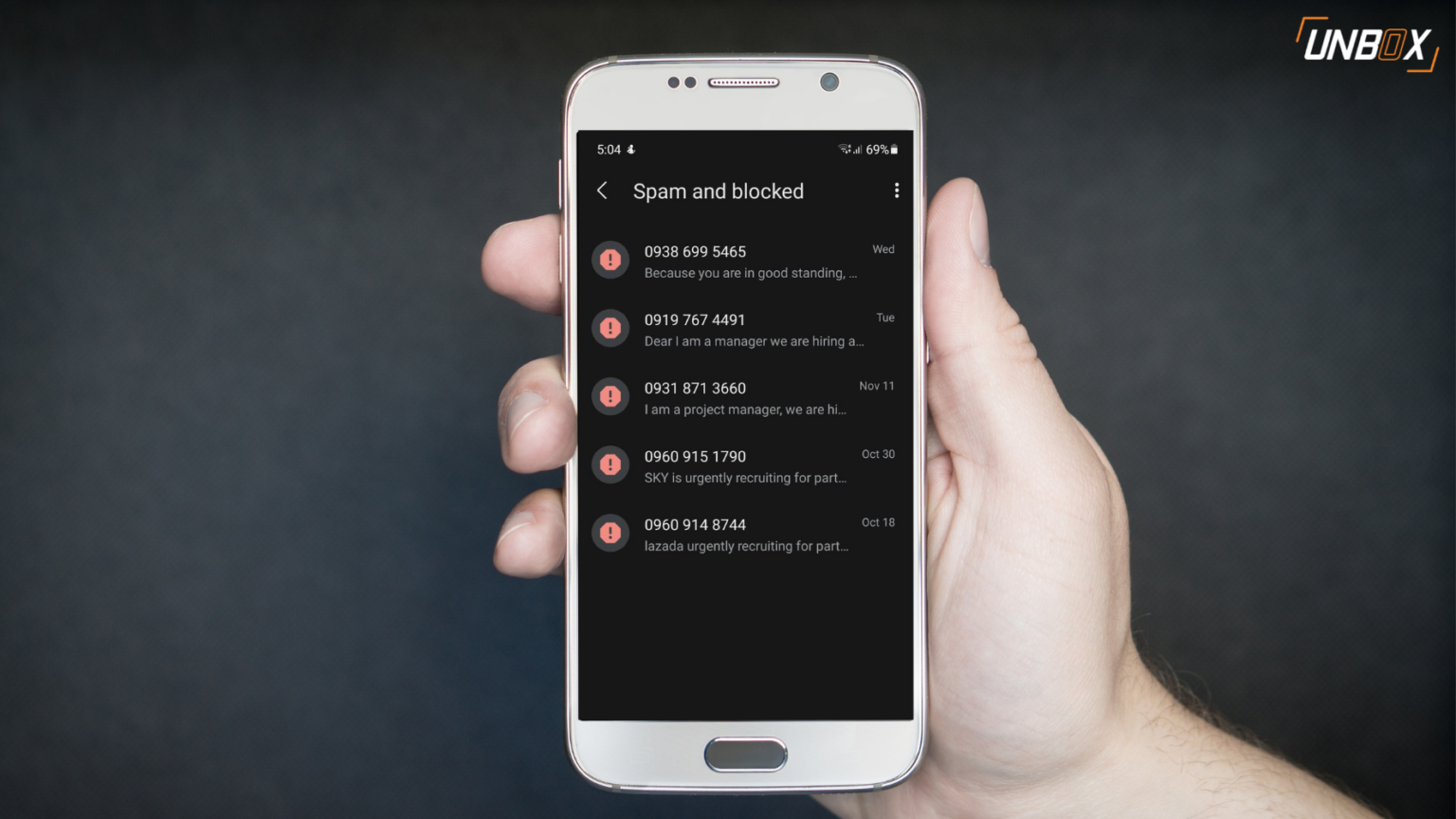
Scams can come in many shapes and sizes, adapting to outsmart the human psyche. The easiest as of now is through random texts, which we’re sure a lot of you have already received. These often include malicious links that either try to deceive users into inputting essential information such as login details and bank information or inject sneaky malware into the user’s device. Either way, valuable data is at risk.
Telcos have done their best to combat this by blocking sketchy links on SMS platforms but scammers seem to always find loopholes. Therefore, this measure has been set in place to hold people accountable for the activities performed under their names.
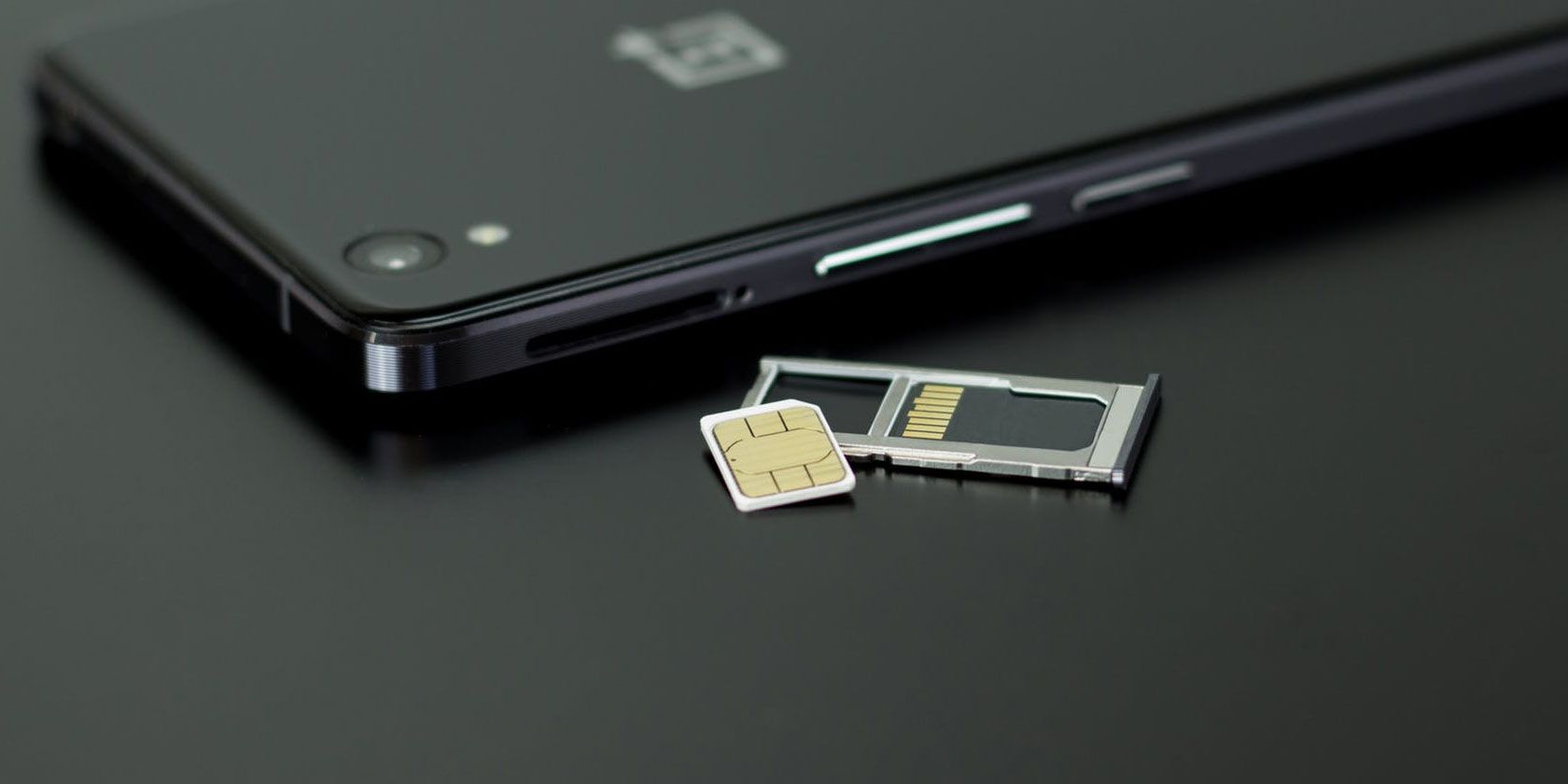
How Does One Register When Buying A New SIM Card?
When making a purchase for a SIM card, users need to submit a list of information to authorized resellers and retailers of SIM cards. The telco companies will be in charge of submitting an up-to-date list of authorized retailers to the NTC every quarter. These retailers will be trained to go through a rigorous verification process in order to ensure that the SIM Card Registration Law is implemented to its full effect.
Information required may include but can also not be limited to: date of birth, gender, mobile number, SIM serial number, and address in accordance with government-issued identification. This measure is to ensure public security and legitimacy of documents.
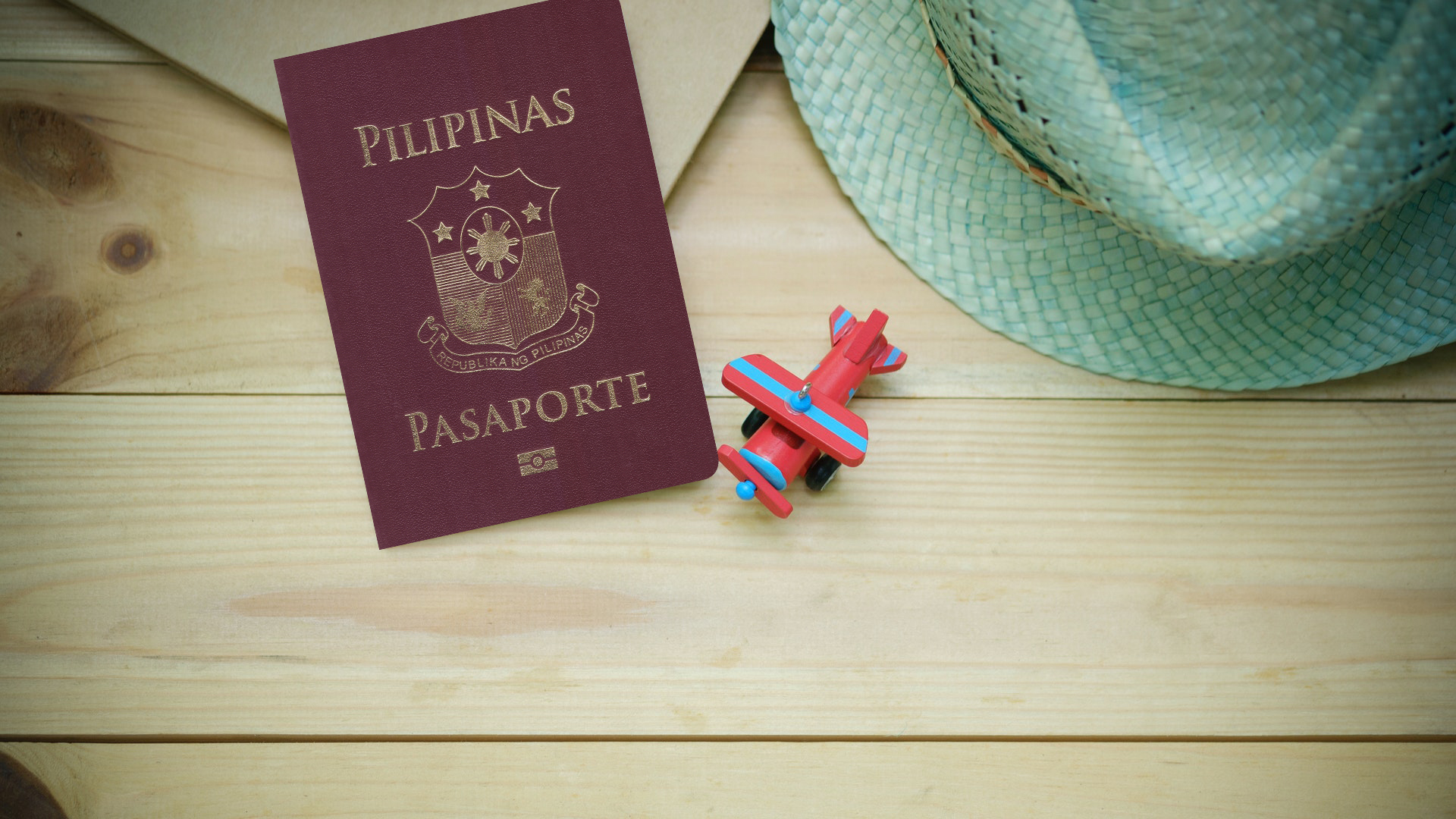
Accepted government documents include the following: passport, Philippine Identification, Social Security Service ID, Government Service Insurance System e-Card, driver’s license, National Bureau of Investigation clearance, police clearance, Firearms’ License to Own and Possess ID, Professional Regulation Commission ID, Integrated Bar of the Philippines ID, Overseas Workers Welfare Administration ID, Bureau of Internal Revenue ID, voter’s ID, senior citizen’s card, Unified Multi-purpose Identification Card, Person with Disabilities card, or other government-issued ID with photo.
Just a side note: the person whose name the SIM will be registered to MUST be present when making the purchase. Should this be impossible with a valid reason, a lengthy process must be followed that indicates the purchasing party as a legally-authorized representative. Buying in bulk for others who aren’t there is not allowed.
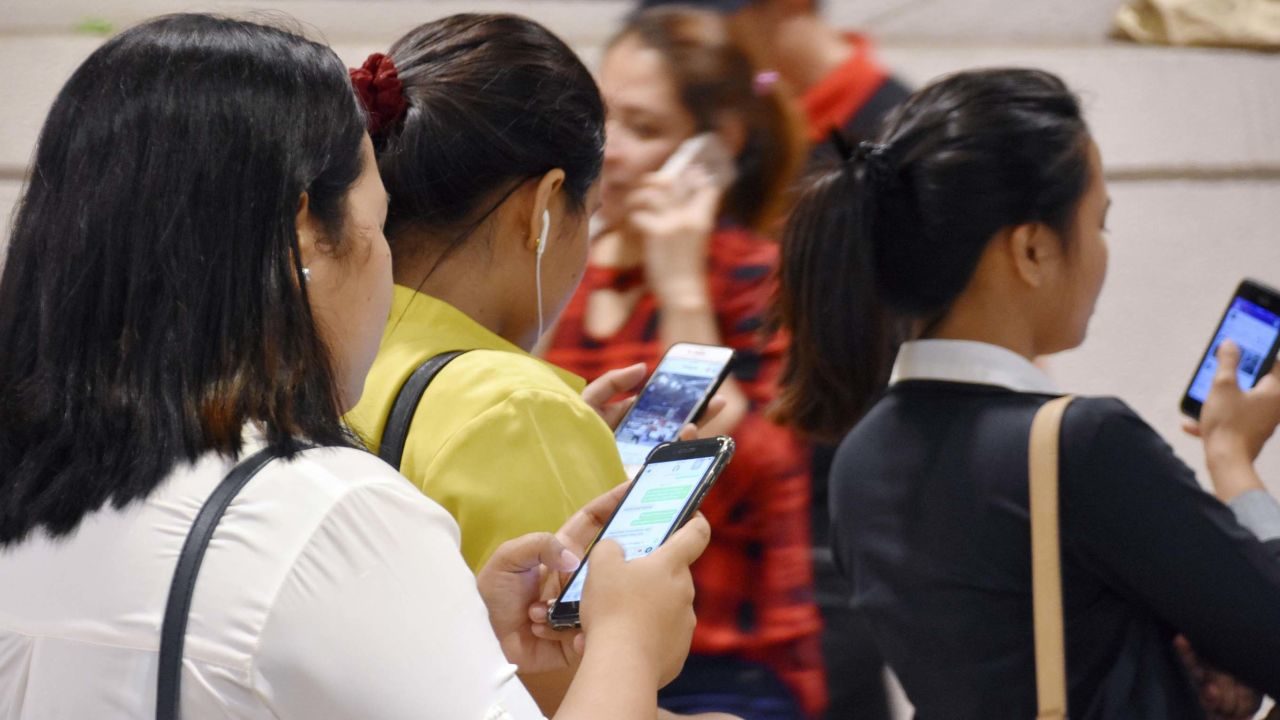
I Already Have A SIM Card, What Do I Do?
Based on available information, current owners of SIM cards, which consists of a majority of the population, have 180 days to register, with the Department of Information and Communications Technology (DICT) being allowed the option to extend by a maximum of 120 days. Non-compliance will likely lead to deactivation of access to mobile services for that specific card until the owner has completed the process.
The process itself should be mandated by the telcos themselves in a way that is accessible to users, as long as the end result achieves the same ends of accurate and secure information. Users will have to sign or e-sign declarations that the inputted information is true and correct.
For any updates, we’ll keep you posted on the Implementing Rules and Regulations of this newly-signed law. Both Smart and Globe have committed to providing their full support and knowledge in order to craft a detailed IRR that covers all the bases.
“There is a clamor from Public telecommunication entities (PTEs) like Smart to be given more time to prepare and test its systems to ensure the safety of the information that will be collected from prepaid subscribers – as an information campaign on the SIM registration process will be launched and Smart will ensure to provide its prepaid customers a smooth and hassle-free experience upon registry of their SIMs,” said Atty Roy D. Ibay, Smart VP and Head of Regulatory Affairs. “This industry-wide effort will impact not just the telecommunications companies but the thousands of retailers and millions of Filipinos using telco services as well,” he added.
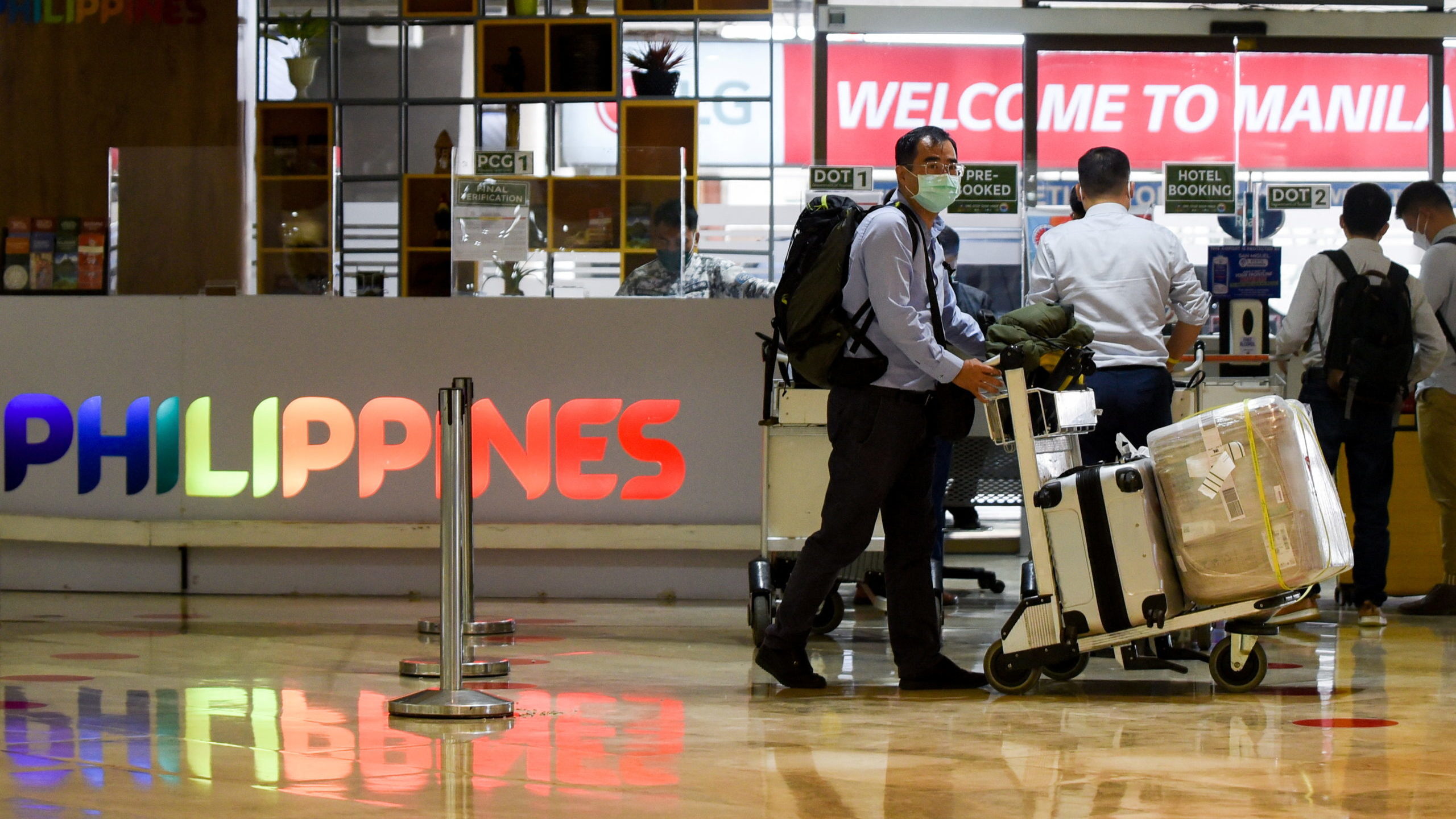
How Does This Apply To Foreigners And Tourists?
Foreign-national end users must present their name, nationality, passport number, and address in the Philippines.
Other documents for SIM registration may include passport, proof of address in the Philippines, Alien Employment Permit issued by the Department of Labor and Employment, Alien Certificate of Registration ID, school registration ID for students, or other pertinent documents.
Tourists, on the other hand, are required to show their passport, proof of address in the Philippines, and return ticket to their own country or any other ticket showing the date and time of their departure from the Philippines. Registered SIM Cards for tourists will only have a validity of 30 days and will become inactive afterwards.

Where Will The Data Be Stored?
Data will be stored with the telcos, in a “secure server” and an NDA preventing the disclosure of this information, whether public or private. Those who leak this information, whether intentional or not, will be held criminally liable.
The National Privacy Commission (NPC) had this to say in a statement: “Hence, there is a strong need to develop a technology-neutral approach and to future-proof the proposed legislation to achieve its intended purpose, in a manner that respects the rights and freedoms of the data subjects.”
As of now, the government is looking into subdividing the information into smaller portions to minimize the impacts of data breaches that can possibly occur in the future. This will be up to the cybersecurity departments over at the telcos to make the best decision.

Is Compliance Mandatory And What Are The Penalties?
Public Telecommunications Entities (PTEs) who fail or refuse to register a SIM without a valid reason will suffer a fine for the first and subsequent offenses depending on severity, ranging from PHP 100,000 up to PHP 1M. For breach of confidentiality in sharing user information, PTEs, their agents, or employees face a fine from PHP 500,000 to PHP 4M.
Anyone who provides false information or fraudulent IDs to register a SIM, spoofs a registered SIM, or sells a stolen SIM faces the penalty of imprisonment ranging from six months to two years and a fine of up to PHP 300,000.
The proposed law also imposes the penalty of imprisonment and fines for the sale or transfer of a registered SIM without compliance with the required registration.

How Is This Different From The SIM Card Act That Was Vetoed Before?
For those who can recall, a SIM Card Registration Act was vetoed before during the time of former President Rodrigo Duterte. The main reason behind this was the Social Media aspect of the proposal, which also mandated one social media account per person in addition to surveillance.
While the intentions were good in wanting to combat online trolls, the vetoed act overstepped its bounds and infringed on the rights of citizens all over the country. The inclusion of monitoring was a slippery slope that could lead to tragedy if not executed correctly. Realizing this, the parties responsible vetoed the Act and it never saw the light of day.
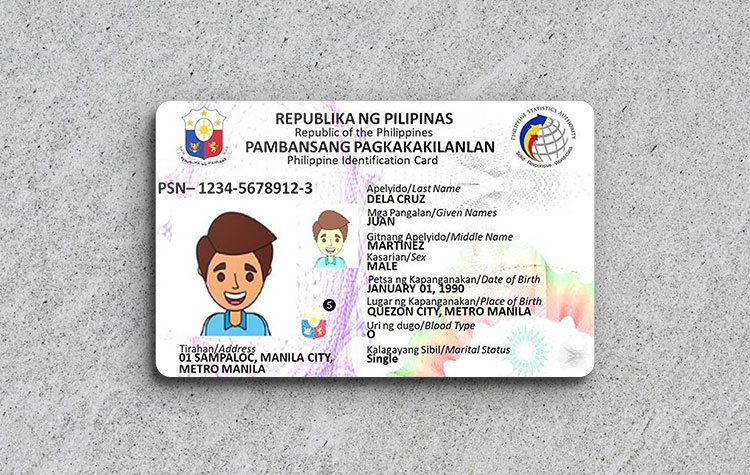
What Is The Future For This Technology?
As of now, Globe has released a statement welcoming the swift passage of the SIM Card Registration Bill. It is an addition to their strong cybersecurity measures and is a symbolic act that shows united opposition against outside threats. We’re sure that Smart is of the same sentiment since they’ve also publicly backed this government initiative in the past.
Froilan Castelo, Globe General Counsel, recommended quicker distribution of PhilSys National IDs. These are appealing due to their nature as standardized and difficult to replicate. This can act as the required identification for the new SIM Card Law, which can be a foolproof way to ensure that retailers don’t fall victim to fake documents. We hypothesize that this ID could also be faked in the future, but modern technologies might make this extremely difficult and/or tedious. Additionally, this could also ensure that most citizens sign up for the PhilSys ID which can be used for future purposes of national importance.
When it comes to the serving of justice, Senator Grace Poe has been quoted to say the following: “Finally, we can now do something aside from just ignoring, deleting or blocking the numbers with fraudulent or spam messages. We have now in our hands the means to unmask criminals who have been hiding for so long under the protection of anonymity, and to bring them to justice.”





